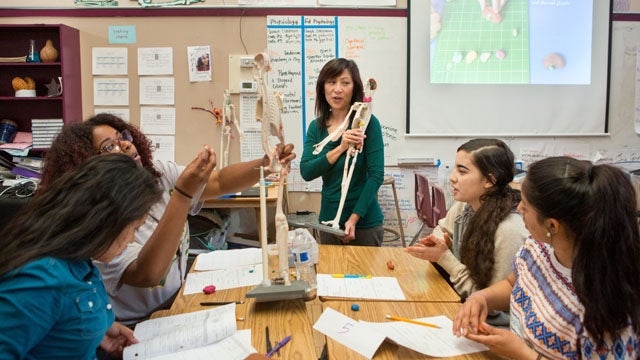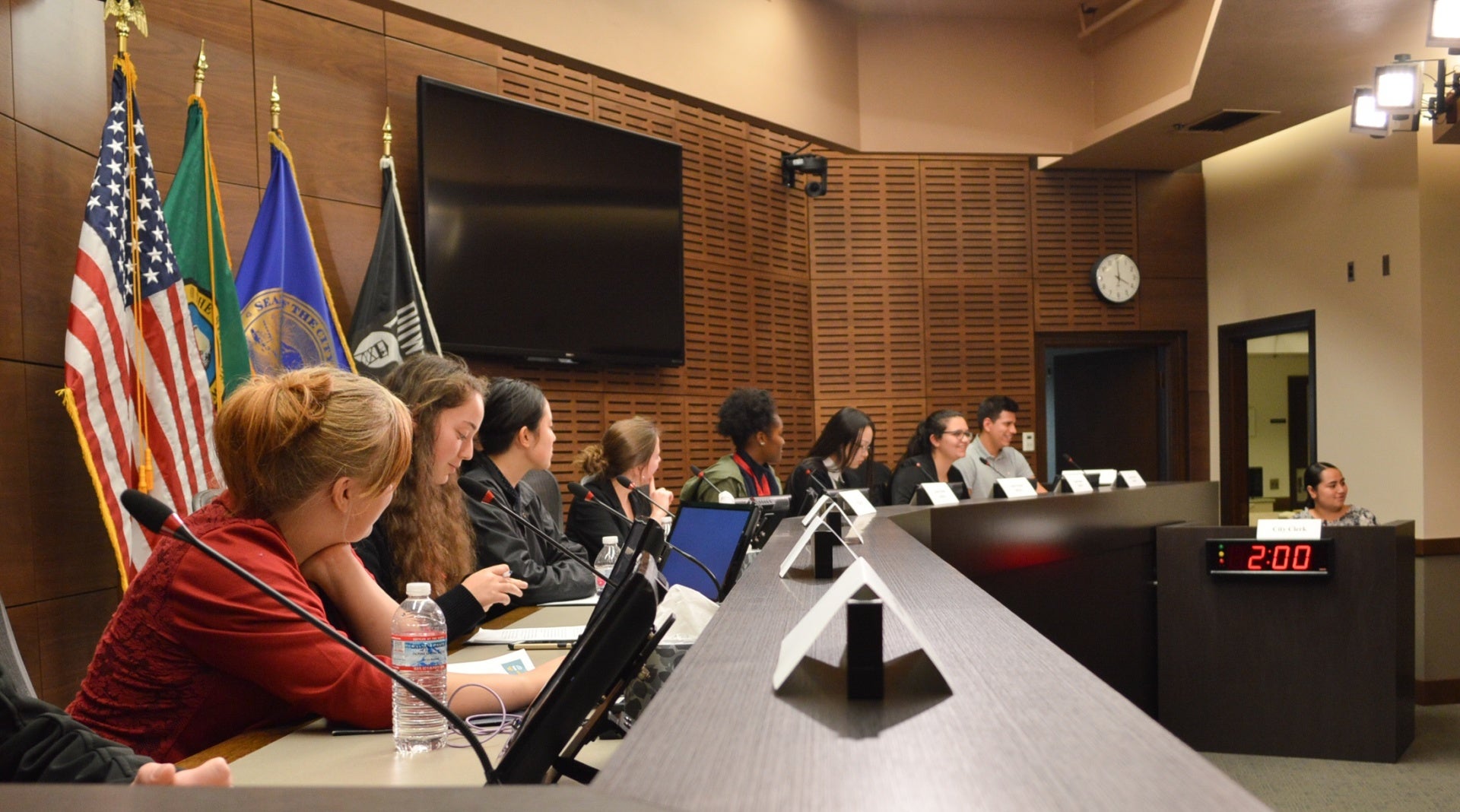The second case study from the Aspen Institute National Commission on Social, Emotional, and Academic Development highlights the need for teacher preparation and professional learning to focus on building teachers’ own social and emotional competence and sharing strategies for building these skills in their students. Supporting the Whole Teacher discusses the benefits of focused efforts to address teachers’ understanding of the social and emotional dimensions of learning and provides examples of programs across the country that have found success in providing this support to teachers.
The case study details specific strategies to prepare teachers to introduce these concepts in the classroom. It highlights clear examples such as RULER, an evidence-based program that trains teachers on recognizing and managing their emotions and collaborating with colleagues before they build these skills in their students and the Center for Reaching and Teaching the Whole Child, which works with teacher preparation programs to integrate teacher and student social and emotional competencies into their classes.
See a related blog post that examines the role of educator social, emotional, and academic development:






